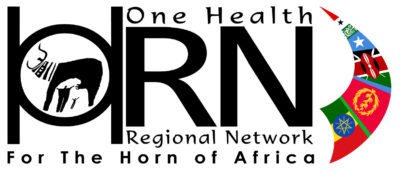Globally, we are witnessing a moment of paradigm shift from communicable diseases to non-communicable ones. Sub-Saharan countries, particularly Ethiopia, still carry a substantial burden of communicable diseases, particularly diseases at the interface of human, animals and environments, so there is a need to build the capacity of individuals and institutes to carry out research with the aim of reducing the burden.
From the 26 September to 9 October 2021, funded by HORN, Dr. Legese Chelkeba, Associate professor at Addis Ababa University (AAU), College of Health Sciences, travelled to Kenya to undertake training on basic microbiology, culture and Antimicrobial susceptibility testing (AST) at the Central Veterinary Laboratories in Kenya.
During his stay, Dr Legese dealt with sample and media preparation, and he undertook culture and Antimicrobial susceptibility testing using both manual and automated methods.
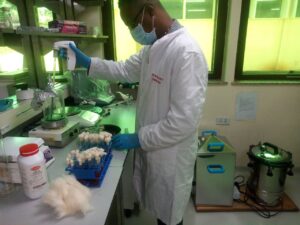
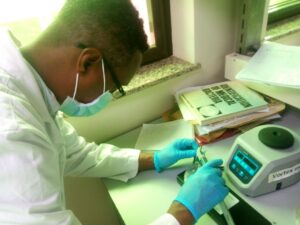
As automation minimises errors, improves quality of microbiological examination, reduces incubation time and decreases hospital costs, the training on automated methods such as MALDI TOF and BD phoenix system, which most training centres in developing countries would not have access too, was a particular highlight for Dr Legese.
The training he received allows him to return to Ethiopia to assist AAU and the laboratory in achieving a high level of performance; undertake advance research in one health; improve the quality of laboratory services for patients; and increases the knowledge of other laboratory staff within AAU and beyond.
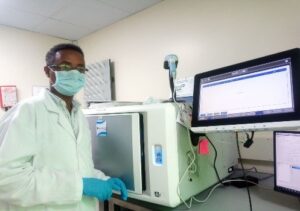
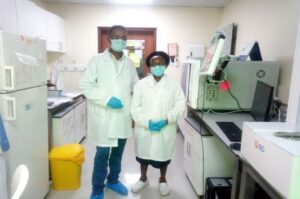
Dr Legese wishes to thank the HORN project and all of those involved in the training process: Dr Kuria, Dr Kahara, Teresia Kabi, Janet Auka, Eunice Kanini, Jane Mumbua, and Edith Chebe.
